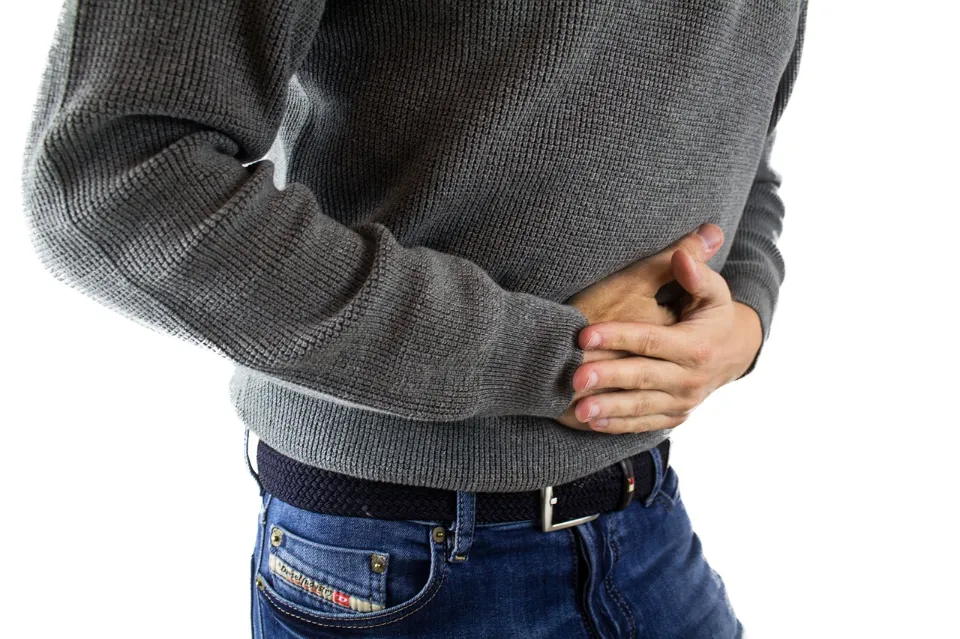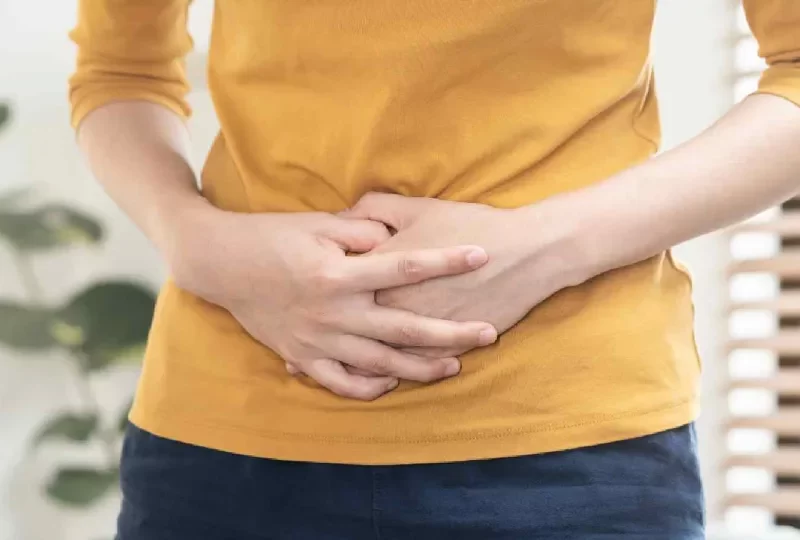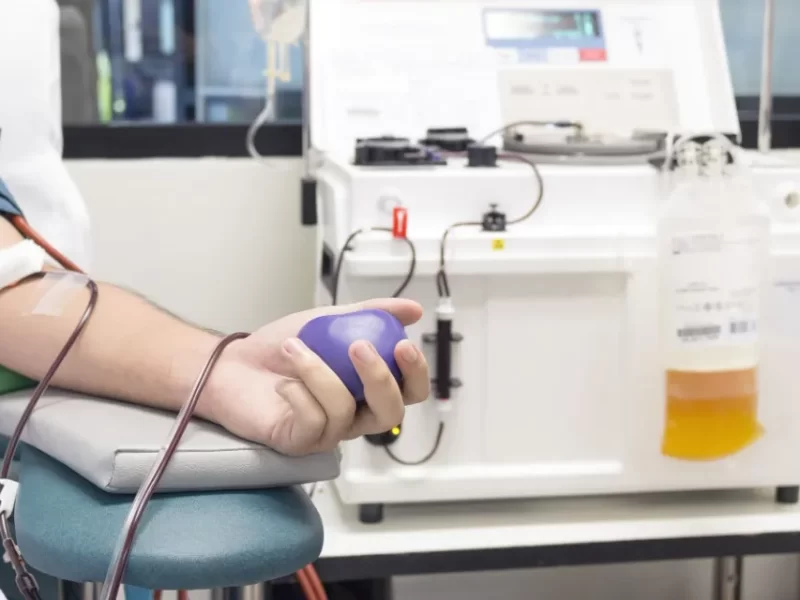Exercise’s unfavorable side effects can include post-workout diarrhea. You are not alone if you experience this after or during your workout, along with heartburn, nausea, or any other intestinal problems brought on by exercise. These digestive system issues are fairly typical. Studies reveal that between 30 and 80 percent of exercisers develop intestinal issues.
Although inconvenient, exercise-related diarrhea is relatively normal and usually not something to worry about. Fortunately, there are things you can do to manage your symptoms and reduce their severity. Solution(s) are provided further down.
Causes: Why Are You Diarrhea After Working Out?
Intestinal blood flood that slows down and is directed away from the intestines is typically what causes diarrhea associated with exercise. Instead, the blood flows goes toward your legs or other parts of your body.
Also possible are nausea, vomiting, and stomach pain. Here are a few ways that specific workout activities can impact digestion.
- After ab workouts. Working out your abs can stimulate and stress your digestive system, which can result in diarrhea and stomachaches. This happens frequently when working on your lower abdominals in particular. Allow for periods of muscle relaxation during these types of workouts.
- After running. During or right after a long run, diarrhea is a common occurrence for runners. Moving your body up and down can agitate your digestive tract, making you need the restroom more frequently. Gas, cramps, and acid reflux are other potential symptoms. This occurs in part as a result of your blood being diverted away from your digestive system and toward your legs instead.
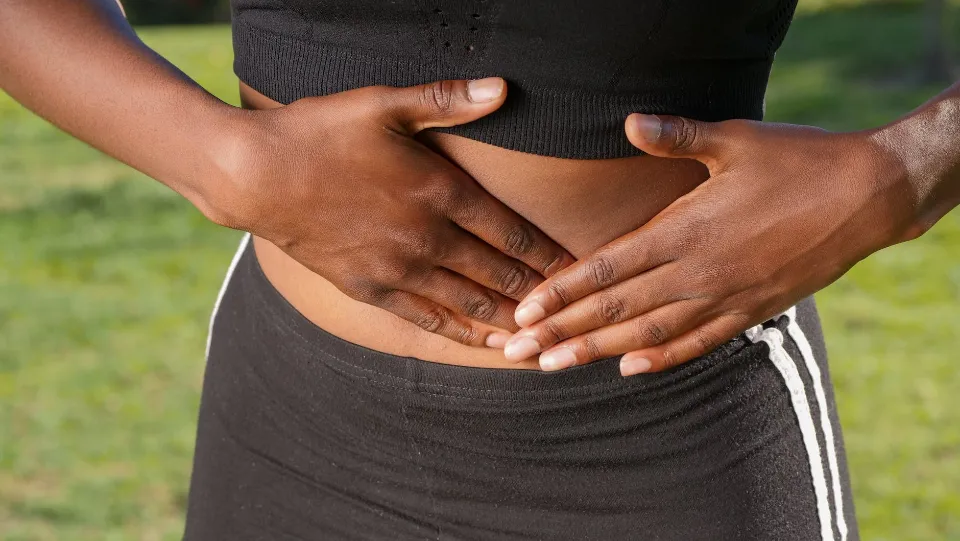
- After strenuous exercise. People who engage in prolonged, strenuous exercise are more likely to experience diarrhea and digestive disorders like leaky gut. This includes swimmers, cyclists, and triathletes. Vigorous activities such as aerobics, dancing, and skiing can also cause digestive upset.
- Dehydration. Losing water and fluids through exercise can cause dehydration and diarrhea. Before, during, and after your workouts, drink a lot of water. Water and healthy beverages like coconut water, broth, and fruit juices can help you replace lost fluids.
Treatment: How to Stop Diarrhea After Working Out?
Although diarrhea typically goes away on its own in a few days and is not a serious problem, you can still try various treatments to hasten the healing process.
Adjust Diet
Eat specific foods Consume simple, irritant-free, and simple to digest foods. If you exercise a lot or experience symptoms, stick to the BRAT diet (banana, rice, apple sauce, and toast). Lean meats, potatoes, and vegetable soups are additional acceptable foods. Consume probiotic-rich foods like yogurt, sauerkraut, or tempeh or take a probiotic supplement to replenish your healthy gut flora. Includes drinks like kombucha, kefir, and kvass.
Adjust Workout
If you frequently go to the bathroom, plan your workout to occur right after. If you’re unsure of your routine, keep an eye on it for a few days to see if you spot any patterns. Plan your route for running in such a way that you can use the bathroom immediately following your run. Reduce intensity If you are experiencing diarrhea, you may want to consider cutting back on the duration or intensity of your workout. Experiment to see what methods or changes work best to get your digestion under control before going back to a full-blown workout.
Take Medications
Try over-the-counter medicines Loperamide (Imodium) and bismuth subsalicylate (Pepto Bismol) are examples of over-the-counter medicines. Although you shouldn’t use them frequently, you might on special occasions like race days or competitions.
How to Prevent Diarrhea After Working Out?
For three to six hours prior to your run, stay away from any problematic foods. Don’t eat anything for at least 2 hours before you run.
Things to Avoid:
- foods and drinks that cause gas, such as fresh fruits and vegetables, bran, and high-fiber foods like beans.
- Dairy products, as the effects of lactose intolerance can be intensified during workouts.
- foods that are fried, high in fat, spicy, and protein powders that make you feel sick.
- Wearing tight clothing, such as bike shorts or leggings, can restrict blood flow to your digestive system. Instead, wear loose-fitting clothing and stay away from anything that is too constricted around your waist.
- drugs like ibuprofen (Advil), naproxen (Aleve), aspirin, or antibiotics.
- Beverages that are hot, carbonated, or caffeinated, as well as sports drinks that are sweetened with fructose and artificial sweeteners like isomalt, mannitol, or sorbitol.
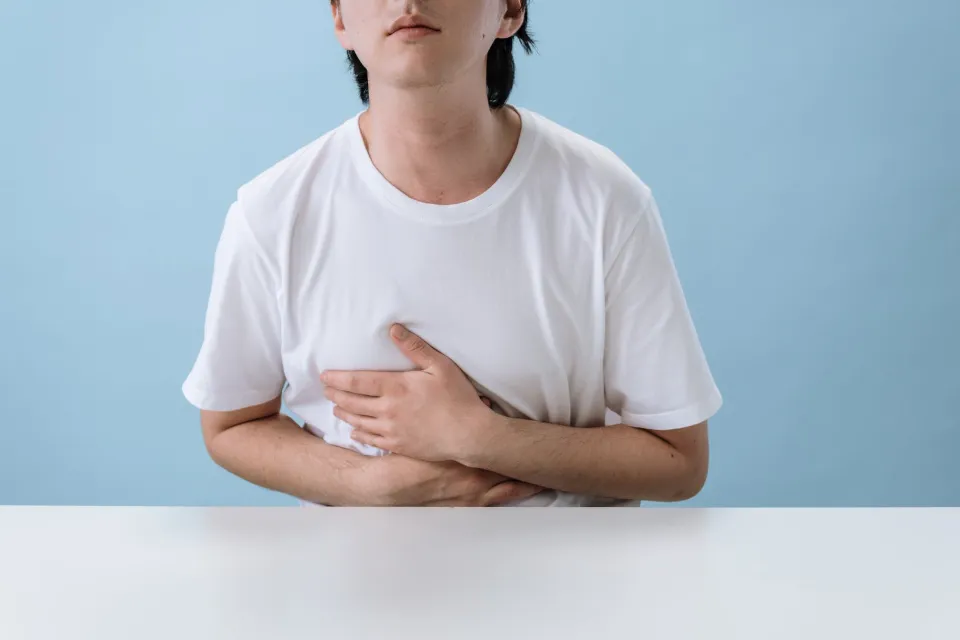
When to See a Doctor
You should think about talking to a healthcare professional if you have any GI symptoms during or after working out, especially if they occur frequently or get in the way of your exercise goals.
In many instances, symptoms like diarrhea should go away on their own without the need for medical care. But you should contact a healthcare provider if you have diarrhea and:
- It persists for more than two days
- You are displaying signs of dehydration
- You have blood or pus in your stools
- You have tarry or black stools
- You have a fever of 102 degrees Fahrenheit or higher
- You have severe pain in the rectum
- You have severe pain in the abdomen
If you are experiencing heartburn, you should contact a health care provider immediately if:
- You have black or maroon stools
- You have vomit that looks like coffee grounds or is bloody
- You are experiencing a pressure, crushing, squeezing, or burning sensation in the chest (this may indicate a heart attack)
Summary
Especially in runners, elite or endurance athletes, and people who exercise vigorously, diarrhea brought on by exercise is common. Keep an eye on how exercise affects digestion and make adjustments as necessary.
FAQs
Why Am I Pooping More When I Started Exercising?
Increasing physical activity can affect how often you poop because exercise helps your digestion and flexes your muscles. The frequency of your bowel movements may alter as a result.
Why Does Exercise Trigger IBS?
This is because high-intensity exercises can cause your abdominal wall to push on your stomach and intestines. IBS sufferers may experience symptoms like cramping, diarrhea, and abdominal pain as a result of this.

